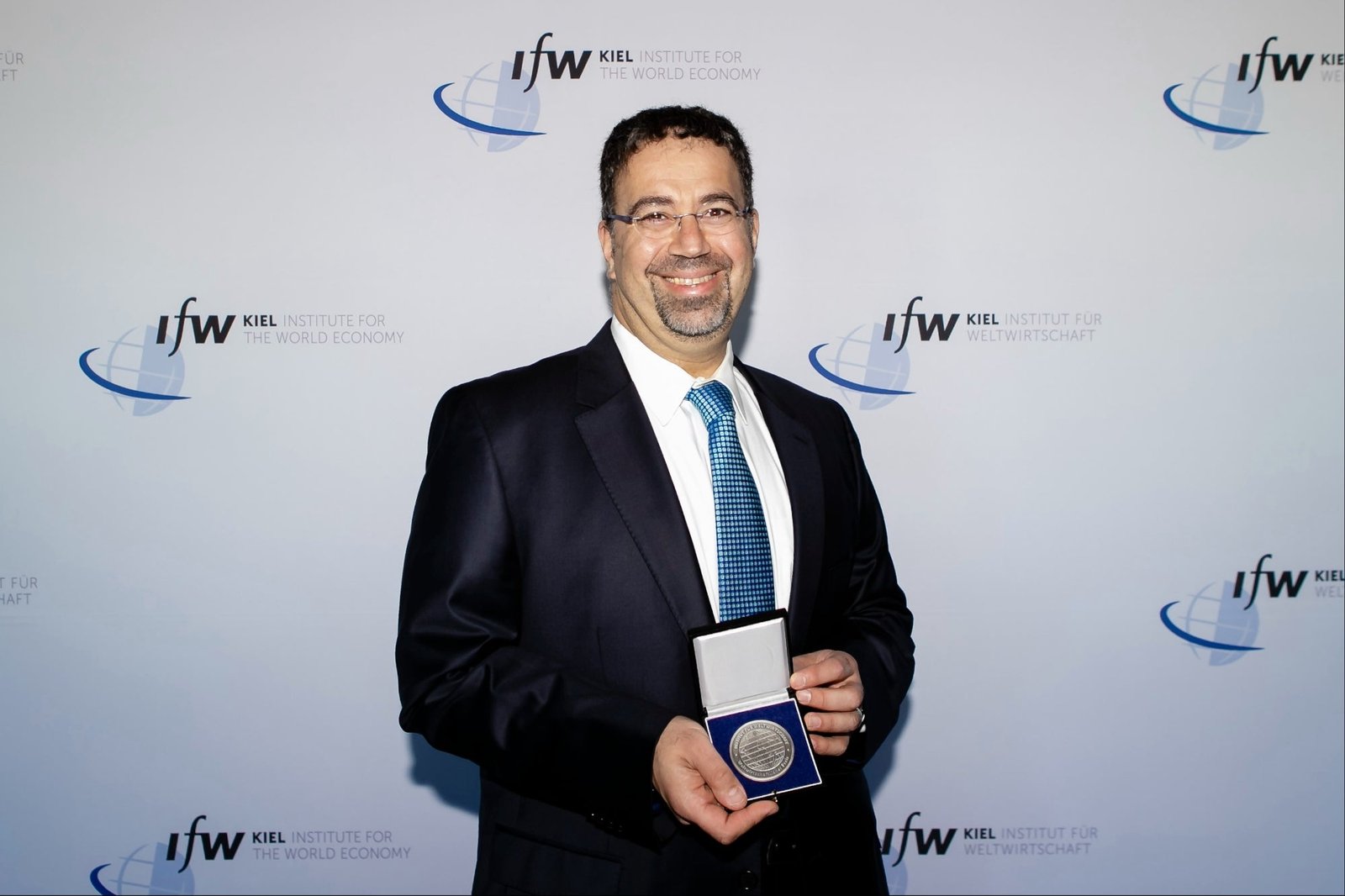An award-winning economist says what he sees as over-investment in AI – and warns that overestimating machines and underestimating humans could be a big mistake.
MIT economist Daron Acemoglu explained in an interview with NPR on Tuesday that he doesn’t think artificial intelligence will revolutionize the economy in the next 10 years.
“I mean, unless you count a lot of companies that overinvest in generative AI and then regret it,” he said.
Acemoglu, who won the 2019 Global Economy Prize, believes that the effects of artificial intelligence are “exaggerated” and that the technology will not be able to perform many tasks outside the office. Even inside the office, he says, AI can’t fully replace humans because it still makes mistakes and relies heavily on data it was trained on, which may have been copyrighted.
Related: How much does AI development and training cost? Here is the current price, according to the CEO of the AI Startup for $18 billion.
Acemoglu wrote a paper in April that measured the long-term impact of AI on the economy. He found that less than 5% of human jobs will be affected by AI and that AI will have only a “modest” impact on GDP over the next decade.
The question remains whether we’ll ever need ChatGPT to “write Shakespearean sonnets” like we do now, when “what we want is reliable information useful to educators, health professionals, electricians, plumbers and other tradespeople,” the paper says.
The accuracy of artificial intelligence has been repeatedly called into question, with Google’s AI reports botched within a month of release and a $600,000 NYC AI chatbot giving business owners inaccurate advice.
 Daron Acemoglu. Credit: Frank Molter / image alliance via Getty Images
Daron Acemoglu. Credit: Frank Molter / image alliance via Getty Images
Acemoglu told NPR that AI companies have used his books and academic papers to train AI, even though he didn’t give them permission to do so. Out of curiosity, he tried to summarize his work with artificial intelligence, saying that it’s “not that bad,” but that a human being hosting the podcast could do better.
“A lot of people in the industry don’t realize how versatile, talented and multifaceted human skills are,” Acemoglu said. “And once you do that, you tend to overestimate machines over humans and underestimate humans.”
Related: Microsoft’s AI CEO says almost any content on the internet is fair game for AI training
